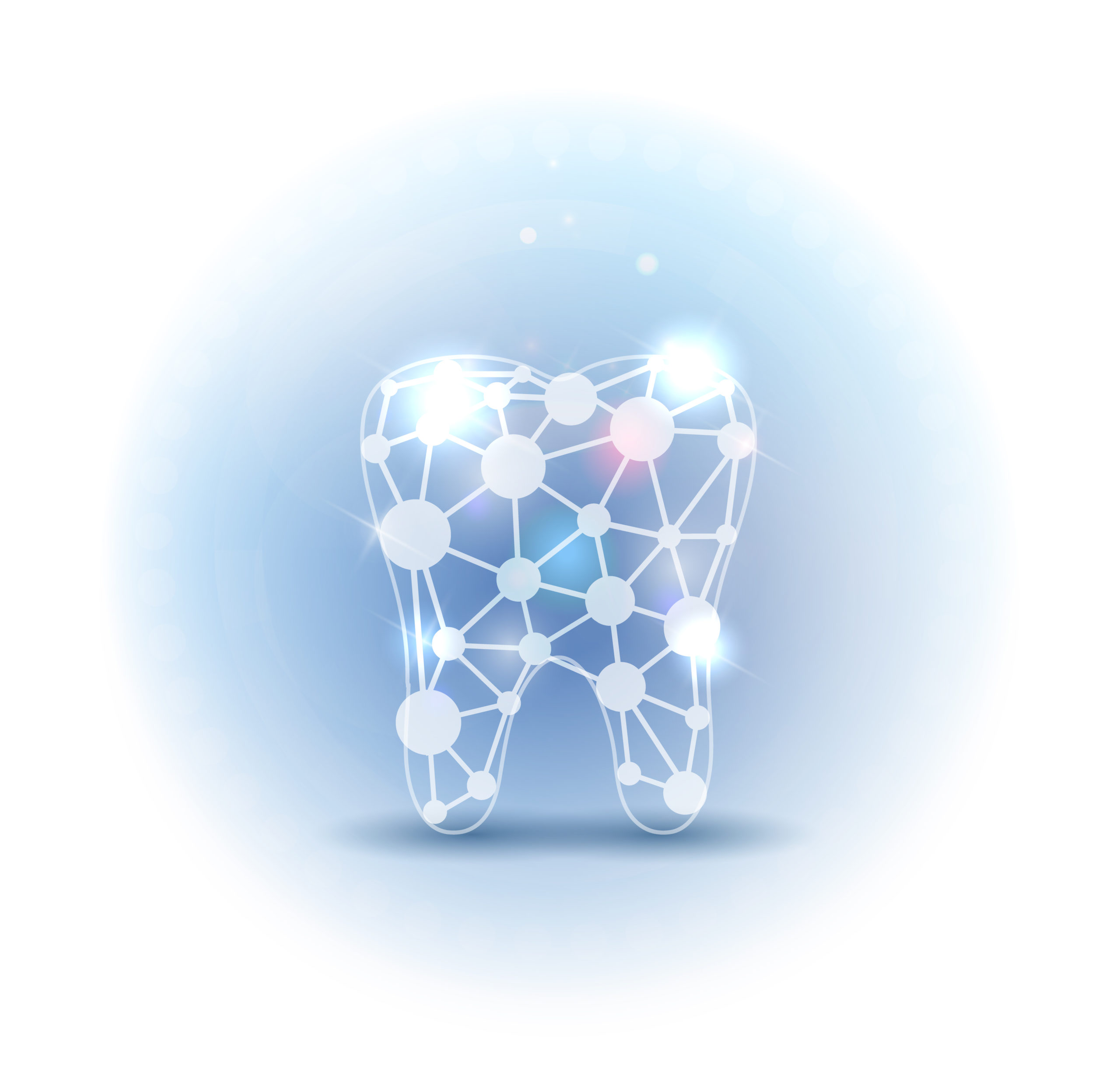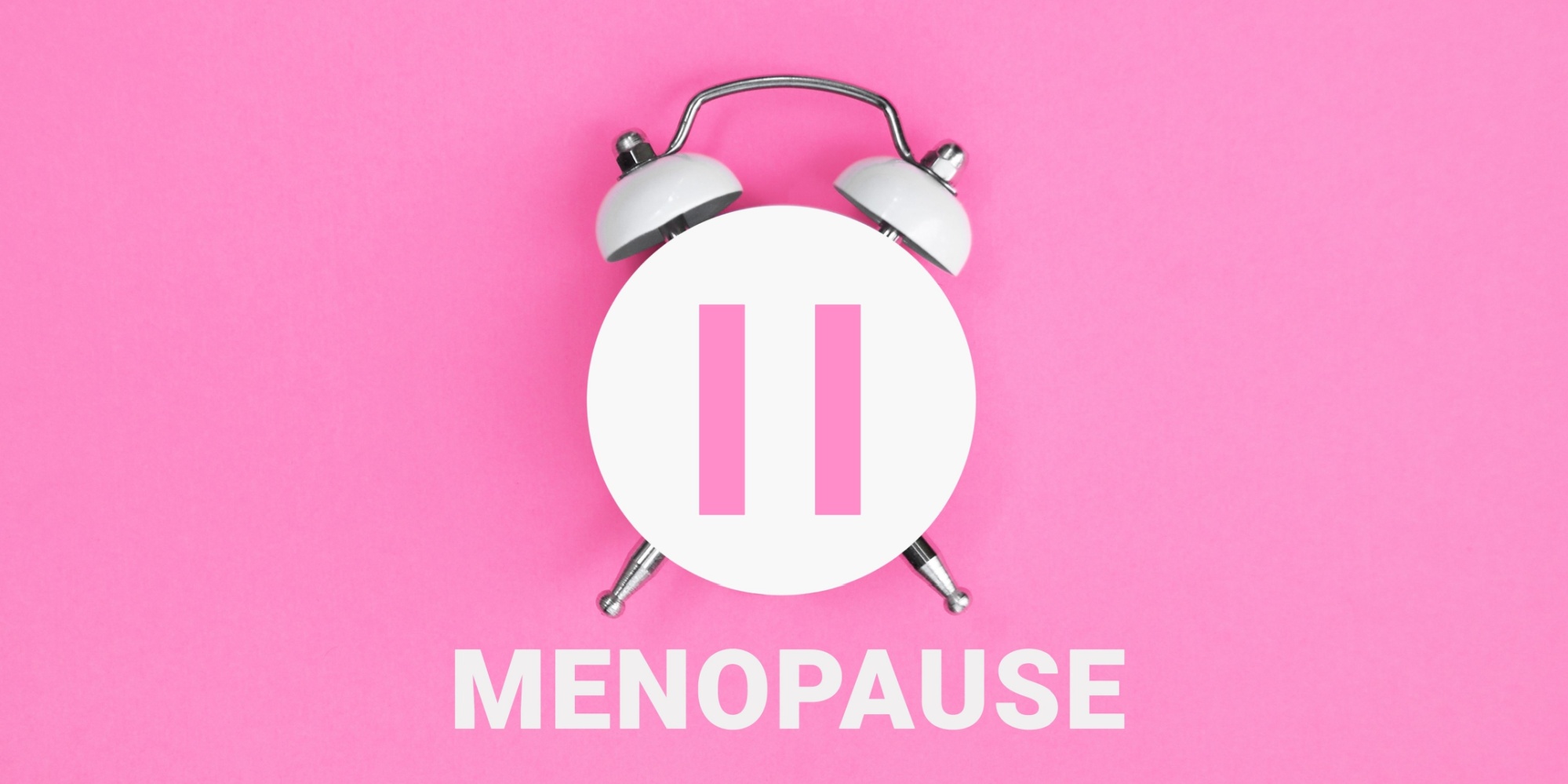
The jaw-dropping link between poor oral health and brain health
November 8th, 2023Think of a tree, and underneath the tree is a root ball and feeder roots. The feeder roots absorb the goodness from the soil, but if the soil is filled with toxins the tree would eventually die from some type of infection or disease. Your brain is like a root ball, and like feeder roots, little stringy neuropathways link from the brain to the mouth. What you put in your mouth has an impact on your brain. There is a jaw-dropping link between poor oral health and brain health.
Open wide
For a lot of people, a visit to the dentist fills them with anxiety. There’s the discomfort, the pain, the drilling noises and the inability to not swallow whilst the dentist has an array of tools in your mouth. Before we even open our mouths we carry the guilt of eating the wrong things or drinking too much alcohol. When the dentist says open wide, we lay there in anticipation waiting for the mask-wearing dental practitioner or hygienist to tell us the bad news – a plaque buildup, a new filling needed or an extraction?
It’s natural to dislike the dentist, it sometimes feels like you are putting yourself through pain and financial strain every time you get in the dentist’s chair. But, know this – your dentist could save your life by interrupting life-threatening processes happening between your mouth and your brain. Stopping deadly bacteria from travelling in the bloodstream and neural pathways to your head.
An untreated tooth or gum infection can become a brain infection
The brain is a complex and vital organ rich in nerve cells, it’s the most energy-demanding organ in the body, and it keeps us alive. An untreated tooth or gum infection can become a brain infection. It can damage each region of the brain, preventing its ability to control major bodily functions. In fact, an oral infection can affect the whole body. It can result in life-changing or terminal illnesses such as neurological disease, dementia, strokes or cancer. The link between oral and brain health is something to be taken very seriously.
A new study at the Yale School of Medicine in New Haven CT found that people who are genetically predisposed to poor oral health also tend to have poor brain health. Researchers used MRIs to find out if people with missing teeth and cavities showed evidence of brain changes. Find out more about the study here.
Every time anything goes towards your mouth, think twice
Whether a person is predisposed to poor oral health due to genetics or lifestyle choices, the same rule applies. Every time anything goes towards your mouth, think twice. Anything you put in your mouth whether it be your fingers, a foreign object or food carries bacteria. Sugary, starchy foods or drinks interact with bacteria in the mouth which increases acidity and eats away at the tooth’s surface causing cavities, sometimes referred to as dental caries. Those acids or acids from plaque buildup erode the hard layer of the tooth known as enamel. Tooth decay begins with demineralisation of the tooth, enamel decay, dentin decay, pulp damage and eventually an abscess can form. All of which can result in a filling, a root canal or a tooth extraction.
Dr Cyprien Rivier, the study author and a postdoctoral fellow in neurology at Yale School of Medicine explained, “Oral health is a quite easy to modify risk factor. It’s one of the easiest. We just have to take better care of our oral health and it’s not very costly or complicated.”
Good oral health practice is essential to reduce the risk of oral damage and decay and prevent severe brain health issues such as brain abscesses.
- Visit your dentist every 6-12 months for a checkup
- Visit the hygienist so they can remove the buildup of plaque on your teeth and around your gums
- Brush your teeth 2-3 times a day
- Use an electric toothbrush so it can reach the places that a traditional toothbrush can’t
- Floss at least once a day to remove trapped food and plaque
- Use an antibacterial mouthwash to complete your teeth-cleaning regime
Take it a step further
- Eat a healthy nutritious diet and drink water
- Drink less caffeinated and coloured fizzy beverages
- Reduce alcohol consumption
- Give up smoking and recreational drugs
- Monitor blood pressure and sugar levels
- Incorporate effective stress management and a good sleeping regime
- Keep your fingers and foreign objects out of your mouth!
Think of the bigger picture
Lifestyle choices such as work, living environment, social interactions, hobbies, time management and coping strategies influence your oral and brain health. Make some changes if your lifestyle choices are affecting your health.
Look out for signs of poor dental health
- Tooth or gum discomfort or pain
- Tenderness, swelling and inflammation
- Tooth or gum infection and throbbing
- Tooth abscess
- Bleeding gums
- Receding gums
- Bad breath
- Tooth decay and cavities
- Tooth loss
- Plaque build-up
- Gum diseases such as gingivitis or periodontal disease
- Yellowing teeth
- White dots on the teeth
Be aware of symptoms of more serious oral issues
- Deteriorated bones in the jaw
- Fever
- Lethargy
- Headaches
- Nausea
- Vomiting
- Vision changes
- Increased confusion
- Memory loss
- Reduced mobility
Visit your dentist if you are experiencing any concerns about your oral health. It might not feel like it, but your dentist really is your friend and whilst it may come with a hefty bill at times, your life is worth every penny.
If you are looking for an effective, natural concentrated mouthwash, we recommend our product OraltidePro™. It’s more than just a unique mouthwash as it; promotes growth of shrinking gums, speeds healing of mouth & tongue, prevents oral infections (such as gingivitis), helps with enamel remineralization, reduces bacteria growth and etching and fills slots in damaged enamel. OraltidePro™ offers a multitude of oral health benefits.
References






